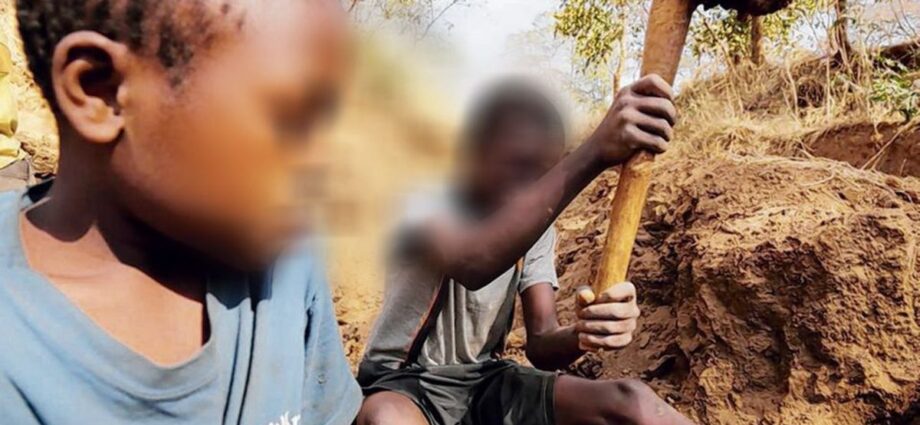For instance, it was announced a few years ago that at least 12,000 young Tanzanians had been rescued from child labour in Geita Region alone, thanks to a tripartite initiative involving Plan International Tanzania, the European Union and the French government.
For many of the youth, hard labour for very little pay was certainly traumatic, and it was just as well that they were re-enrolled in school.
However, beneath the surface lie issues that need to be addressed critically. Topping the list is the monotonously cited, though ever-relevant slogan centred on the youth being the future of the nation.
The slogan would be more meaningful if the majority of Tanzanian youth were engaged in viable and sustainable economic activities that yield decent livelihoods, and comprise a substantial input in the national economy, but it is largely both theoretical and rhetorical.
The majority are a frustrated lot that have been condemned to idleness, dependence on relatives, drug abuse, petty crime and other anti-social tendencies.
It is a product of a shortage of employment opportunities and openings for meaningful self-reliance initiatives through start-up capital and skills training. It is a veritable “ticking time bomb”, which only needs a spark, as it were, to detonate and create mayhem.
The temptation for pupils, often with parental blessings, to venture into the hostile labour market stems from the sad fact that many see themselves as hopeless and cursed.
They feel that it is better to become exploited labourers at a young age than wait for other doors to open after completing school.
Moreover, an unfriendly schooling environment is a de-motivator for many youngsters. This must be addressed as should a post-school setup that offers opportunities for decent and sustainable livelihoods.
Time to prioritise hygiene
Lack of proper toilets seems to be a problem that has refused to go away in urban and rural areas alike. Reasons include poverty, ignorance, a rapidly increasing population, and unplanned development.
This partly explains why cholera and other communicable diseases caused by poor sanitation are almost permanent fixtures in places such as Dar es Salaam. The big question here is: what will it take to get each and every one of us to understand why it is important to ensure proper and adequate sewage disposal?
We may be well into the 21st century, but there are people who still think that it is perfectly in order to relieve themselves in the bush. Surveys show that proper toilets are not very high up on the list of priorities of a vast number of Tanzanians. They are simply not viewed as a necessity.
The education campaign the government has been conducting since the early days of independence needs to be supplemented with the strict enforcement of by-laws on proper sewage disposal.
Share this news
This Years Most Read News Stories

Rare megamouth shark found in Zanzibar for the first time – why so little is known about it
The recent sighting was only the sixth time a megamouth had ever been found off the coast of Africa.Continue Reading

How diplomatic intervention kept Air France, KLM in Zanzibar
It has, however, emerged, that the Netherland and France sought a diplomatic solution to a standoff at the Abeid Aman Karume International Airport, warning that it could disrupt Air France and KLM flights into Zanzibar, and later Dar es Salaam.Continue Reading

ACT Unaware of Mwinyi’s joint committee on Zanzibar reforms
Opposition party ACT Wazalendo has said it is not aware of a special committee on reforms and has directed the party’s leadership to follow up on the decision of the Central Committee which directed its leaders to meet with President Hussein Ali Mwinyi.Continue Reading











